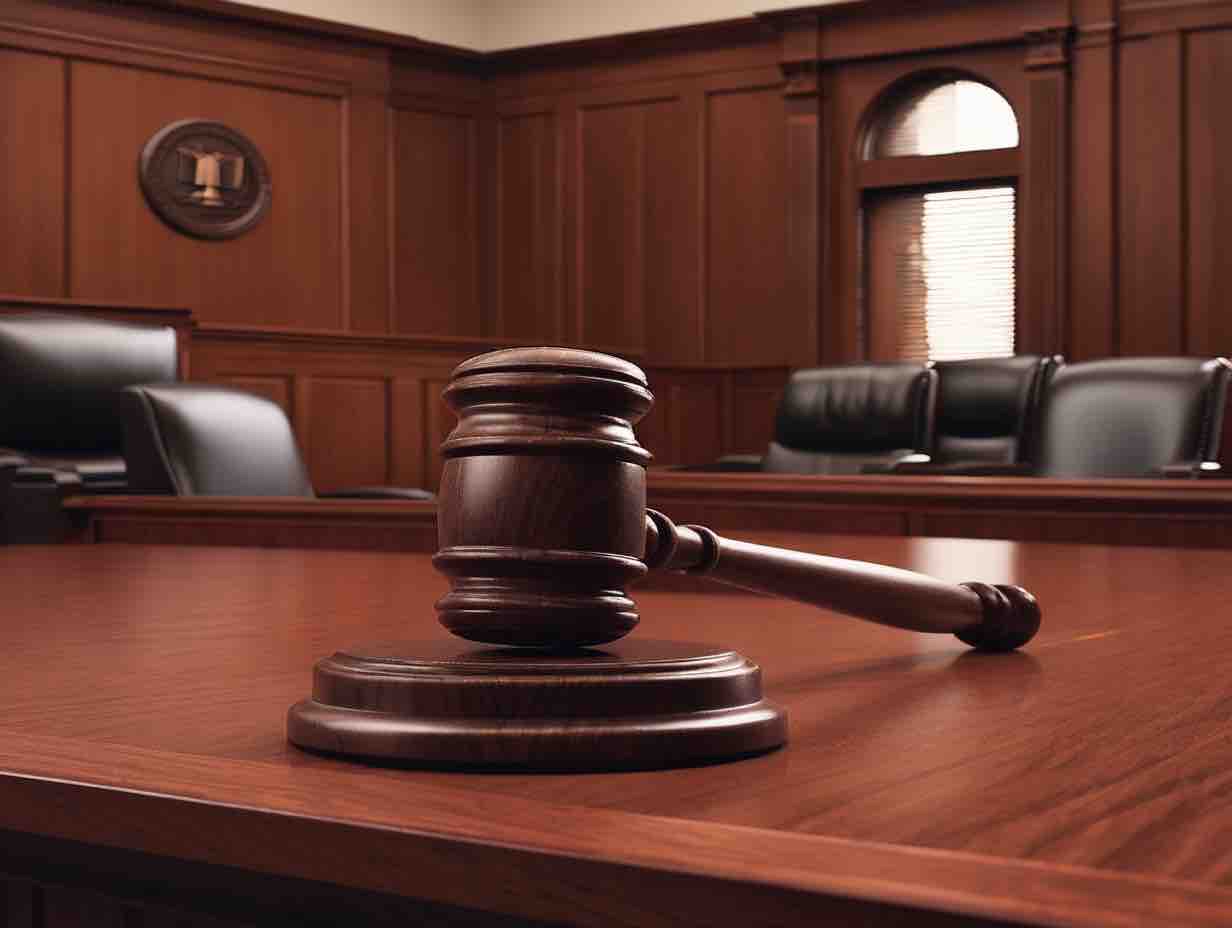Elon Musk, the visionary entrepreneur behind companies like SpaceX and Tesla, finds himself embroiled in a legal battle with OpenAI and its CEO, Sam Altman. Musk contends that OpenAI has strayed from its original mission of advancing open-source artificial general intelligence (AGI) for the betterment of humanity. This legal dispute has unfolded in the Superior Court of California for the County of San Francisco.
Elon Musk sues OpenAI and its CEO
At the heart of Musk’s argument is OpenAI’s collaboration with Microsoft, which he asserts has veered away from the organization’s foundational principles. He argues that OpenAI’s pivot towards proprietary technology, exemplified by the release of ChatGPT-4 in March 2023, primarily benefits Microsoft’s financial interests rather than advancing open-source AGI for societal welfare.
Initially established in 2015 as a nonprofit AI research lab, OpenAI transitioned into a commercial entity in 2020, a move that has garnered criticism from Musk and others. They argue that the company’s focus has shifted from pursuing positive human impact to prioritizing profit.
OpenAI’s remarkable financial success, with reported annual revenues surpassing $2 billion, underscores the magnitude of this transformation. Musk, a co-founder of OpenAI, has consistently cautioned about the risks associated with unchecked artificial intelligence and advocated for stringent government regulation.
He underscores the necessity of acquiring comprehensive knowledge to effectively address the challenges posed by AI. A focal point of Musk’s critique is the composition of OpenAI’s current board, which he believes lacks the requisite technical expertise for responsible AGI development.
The debate over AGI development
Elon Musk cites the events of November 2023 involving Altman’s temporary removal and subsequent reinstatement as evidence of a profit-driven agenda aligned with Microsoft’s interests. As a former board member until 2018, Musk’s concerns about the development of ChatGPT-4 and future AGI technologies stem from broader apprehensions about public safety.
Elon Musk’s legal action against OpenAI reflects broader discussions surrounding the ethical and societal implications of AI development. As AI technologies continue to advance, questions about governance, accountability, and alignment with human values become increasingly pertinent.
The resolution of this legal dispute may shape the trajectory of AI research and its impact on society in the years ahead. Musk’s insistence on reverting OpenAI to its original nonprofit ethos underscores a prevalent concern within the tech community regarding the commercialization and potential misuse of AI.
This tension between profit motives and ethical considerations underscores the need for robust governance frameworks and stakeholder engagement to ensure that AI advancements serve societal interests. Ultimately, the outcome of Musk’s legal battle with OpenAI may serve as a pivotal moment in shaping the ethical stewardship of AI innovation.
From Zero to Web3 Pro: Your 90-Day Career Launch Plan
